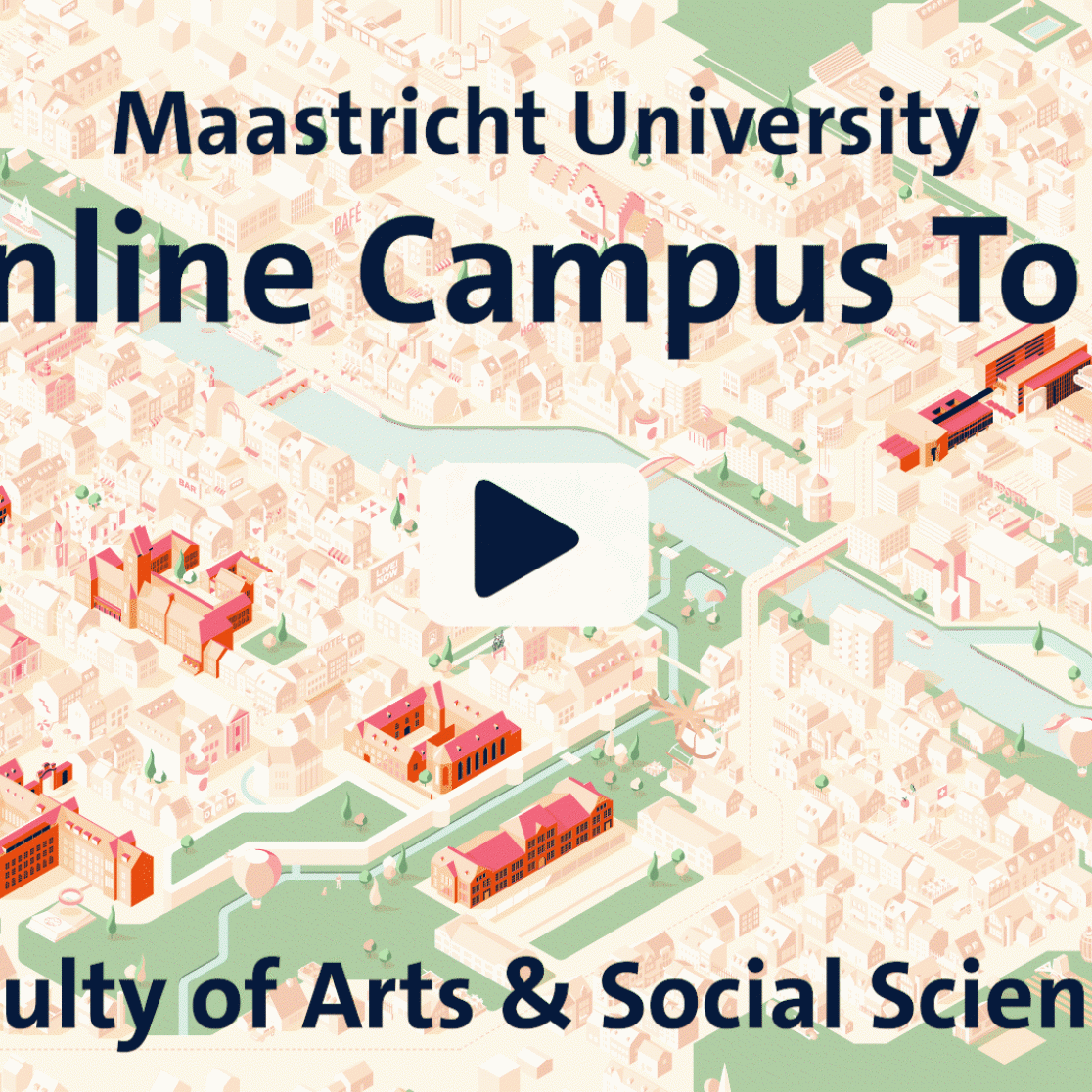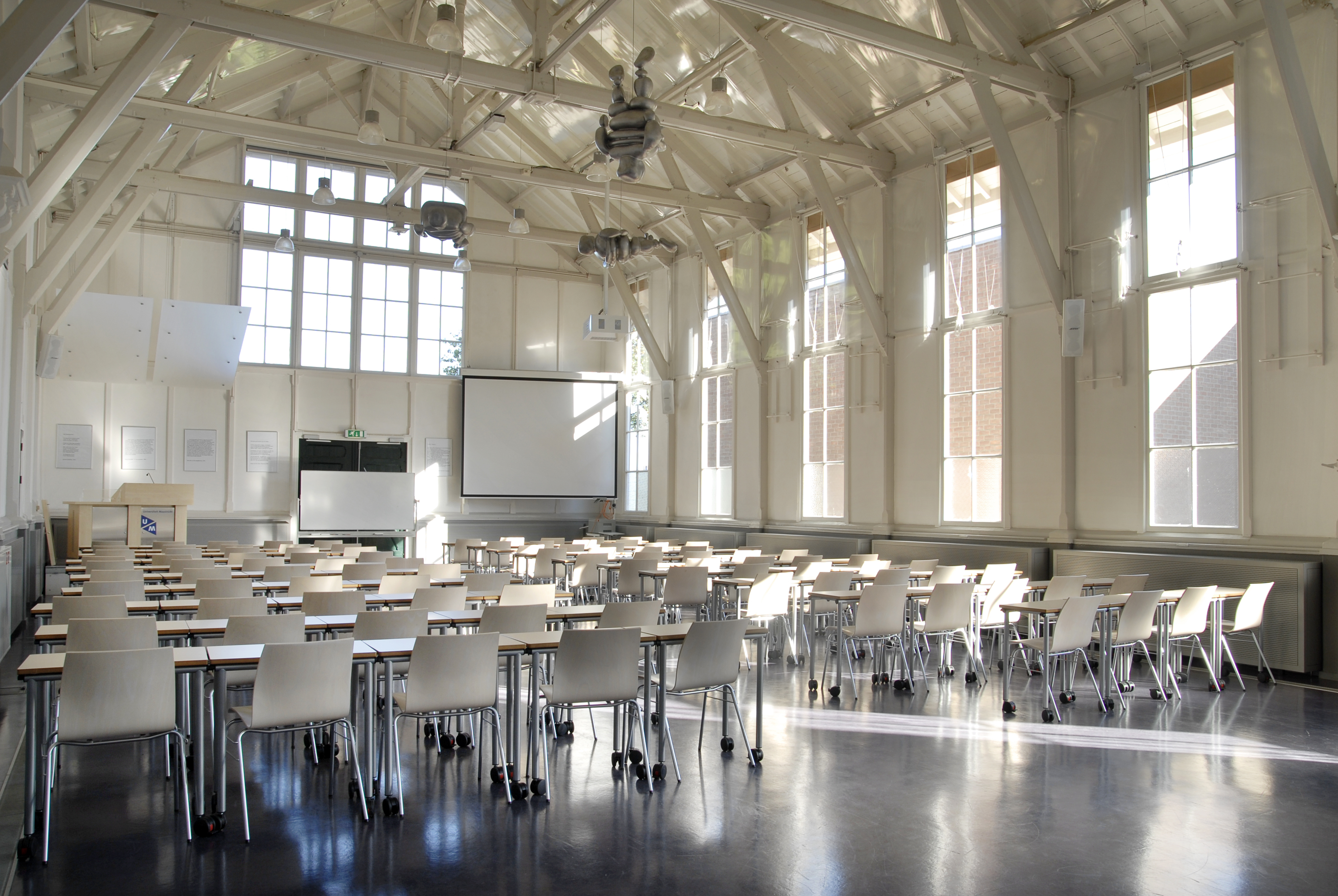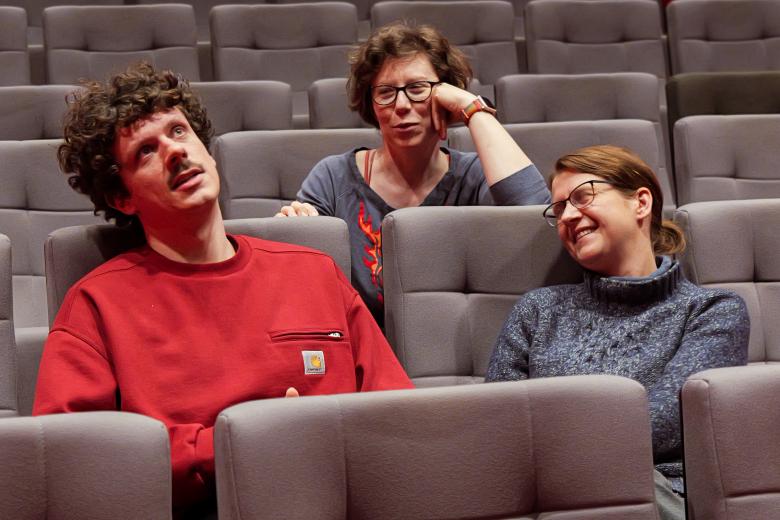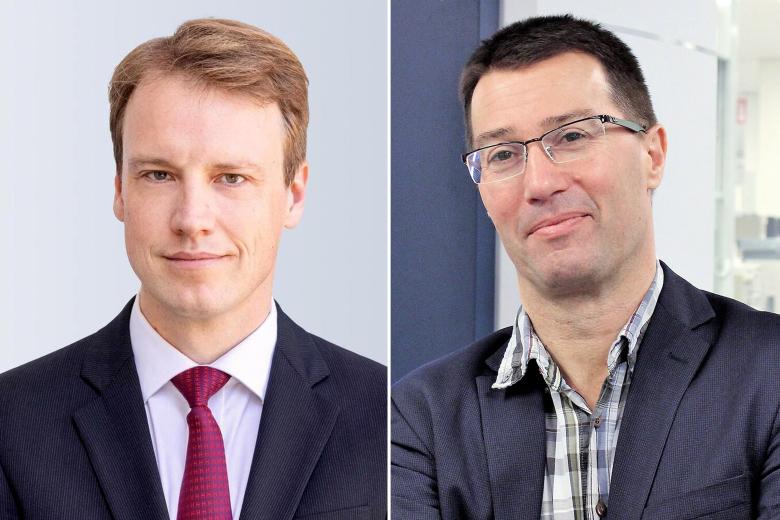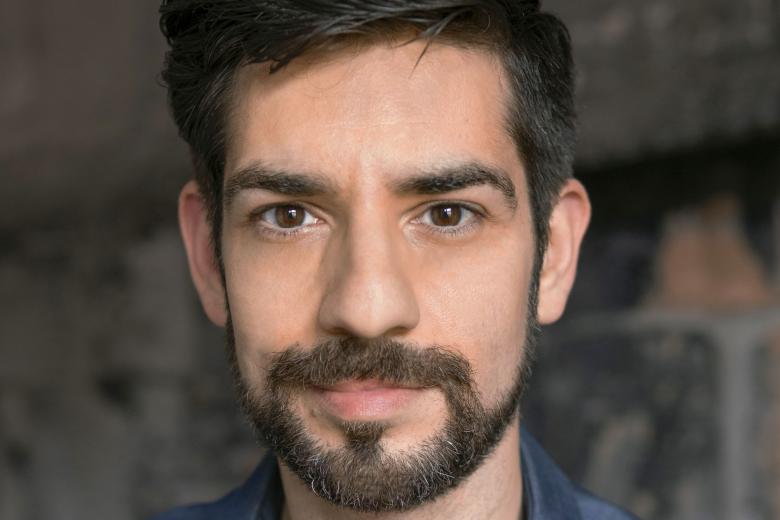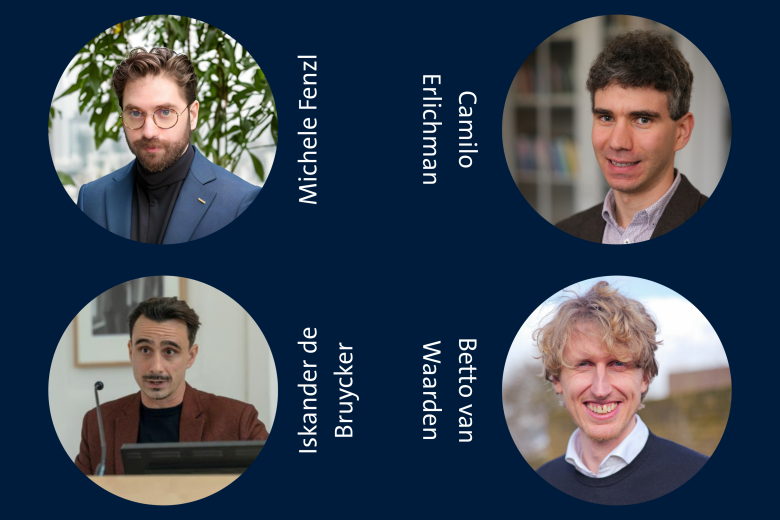Faculty of Arts and Social Sciences
In our teaching and research we highlight major developments in societies and cultures as they have unfolded during the modern and contemporary eras. We seek to gain understanding of the interrelationships of Europeanisation, globalisation, scientific and technological development, political change and cultural innovation. We are interested in how today’s societies cope with these challenges through, amongst others, practices of remembrance, governance techniques, strategies for managing knowledge, technologies and risks and ways of dealing with diversity and inequality. Yet, understanding our present world is impossible without insight into its past. This is why historical research serves as a key element of our scholarly and educational identity.
Education
Our faculty offers four bachelor’s programmes and eight master's programmes, including two research master's programmes.
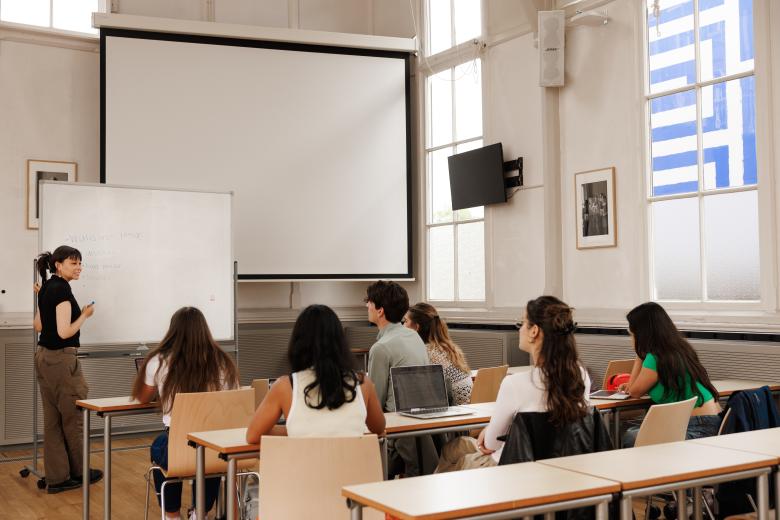
Research
Our research institute studies societies and cultures as they unfolded during the modern and contemporary era in a radically interdisciplinary manner. We analyse the interrelationships of Europeanisation, globalisation, scientific and technological development, political change and cultural innovation.
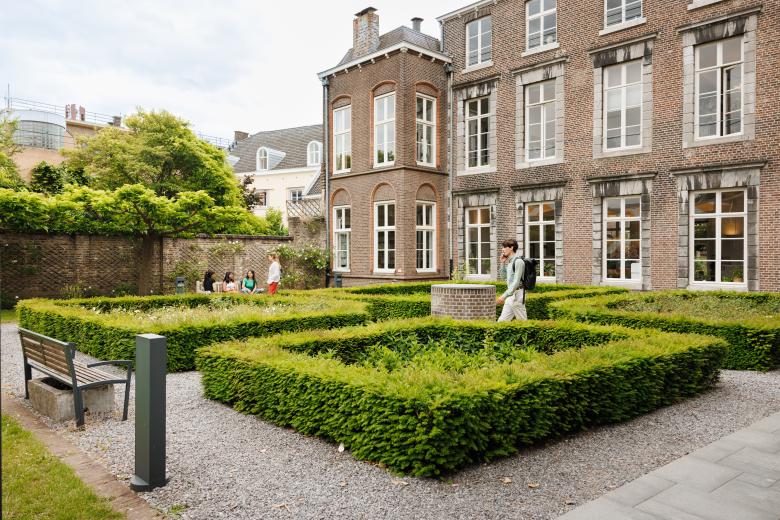
News, events and stories
Read our latest news and interviews or see the events we offer.

News
Virtual Campus tour
Quick links
Bachelor's programmes
Master's programmes
Research master's programmes
Exchange programme
Research Institute
